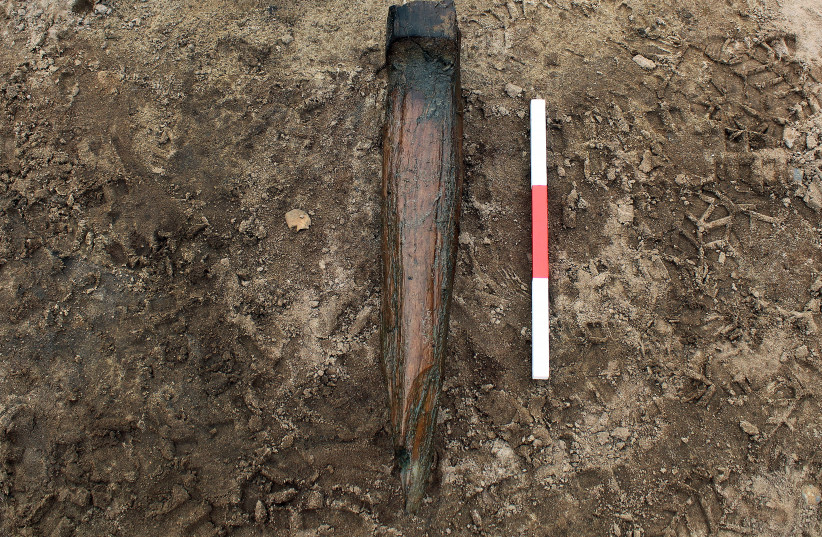A fragment of what may be a chariot dating back to the Iron Age has been discovered in Suffolk county in England, BBC reported on Thursday.
The initial discovery was made in 2021 and had only been identified recently by dendrochronologist and research associate Michael Bamforth from the University of York.
The field team in the discovery also discovered two Iron Age puts that may have been used for watering holes for livestock.
The Iron Age chariot fragment was found in a waterlogged pit in the village of Eastbridge, BBC reported. An analysis of the hazelwood dates its construction to sometime between 400 to 100 BC.
Fragment discovered is extremely rare

The fragment is rare because it's only among a handful of others in British prehistory.
Archaeologist Chris Fern told the BBC that the fragment "had been repurposed in ancient times to prevent the collapse of the waterhole into the site's sandy soil."
The report also states that its base was broken and was found with charred boards, which most likely came from the same chariot.
